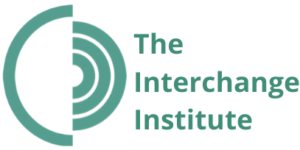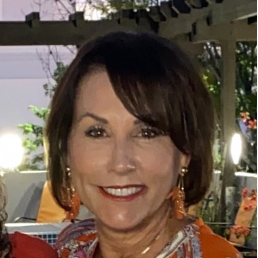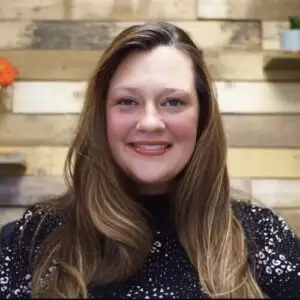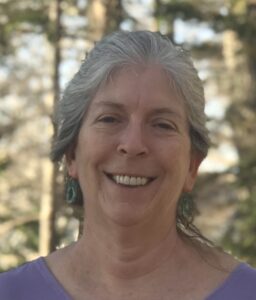Dear Friend,
Here’s my favorite definition of “culture:”
“Culture consists of concepts, values, and assumptions about life that guide behavior and are widely shared by people…[and] are transmitted generation to generation, rarely with explicit instructions, by parents and other respected elders.” – Richard Brislin & Tomoko Yoshida

It’s the last bit – in bold – that I especially like. I’m fascinated by the many subtle ways we teach our children the values that are important to us. Most Americans don’t tell their toddlers, “Now, I want you to grow up to be an individualist.” But we teach them that indirectly, by saying, “Do you want a red balloon or a blue one? Cheerios or Fruit Loops? Your green socks or your white ones?” With these questions, we’re saying, “I want you to develop your own opinions and to feel free to express them. I will honor your preferences.”
We – and people all over the world provide an endless drip of messaging that bathes our children in lessons about how to talk, what to believe, whom to trust, and what to do, teaching them the values that are important in our society.
And it starts young. Really young. Researchers in Europe recorded the cries of newborns, aged 2-5 days, born to monolingual French and German women. They examined the melody (technically, prosody) of the cries and found the French-born and German-born infants’ tunes to differ, matching the melody of the adult speech they heard in the womb. The French babies, like their mothers, tended to have a rising intonation (think, “Bonjour, Madame” while the German babies’ cries tended to mimic their mothers’ falling intonation. Similar language-specific patterns are found around the world. Babies are listening! If something as hard-wired as crying is affected by a baby’s environment, surely cultural values and beliefs are, too.
Let’s start at the other end of the chain – the adult end. Here’s a chart from the Pew Research Center that shows the percentage of adults who agree with the statement, “Success is determined by forces outside our control.” Note that only 40% US Americans agree with that statement, one of the lowest rates in the world. How’d Americans get this way? Well, among many influences, think of these:
- The Little Engine That Could, a classic American children’s story (written in 1930, during the Great Depression), that tells of a train full of toys for the good little boys and girls over the mountain, but with no engine to pull it. The big old, mean engine refuses, but the little engine says, “I think I can, I think I can” and works hard and delivers the toys.
- Bambi, The Beauty and the Beast, Cinderella, The Little Mermaid, Harry Potter – not all American-written, true, but wildly popular stories in the US – all involve children whose parents are in some way absent and who have to make it on their own.
- The proverbs (again, sometimes imported from western Europe): “Where there’s a will, there’s a way.” “If at first you don’t succeed, try, try again.” “Early to bed, early to rise, makes a man healthy, wealthy and wise.” And “God helps those who help themselves.” They all teach us that success in life is very much in our control!
We’re immersed in the message and it shapes our adult beliefs – implicitly teaching, through the generations, our beliefs and values.
This is fascinating stuff, and has engaged me my whole career, especially as I help people learn to interpret the new cultures they find themselves in, and teach others to offer cultural training.
On that score, I’m happy to announce that our Crossing Cultures with Competence training-of-trainers team has expanded. We now have three more master trainers, in the US and Europe, who will be offering even more workshops for those who want to add new ideas and new materials to their toolkits for helping people in intercultural transition. Meet our new trainers and note our upcoming schedule in the sidebar. Please join us in Boston, Ft. Myers, London or Cologne!
Anne



